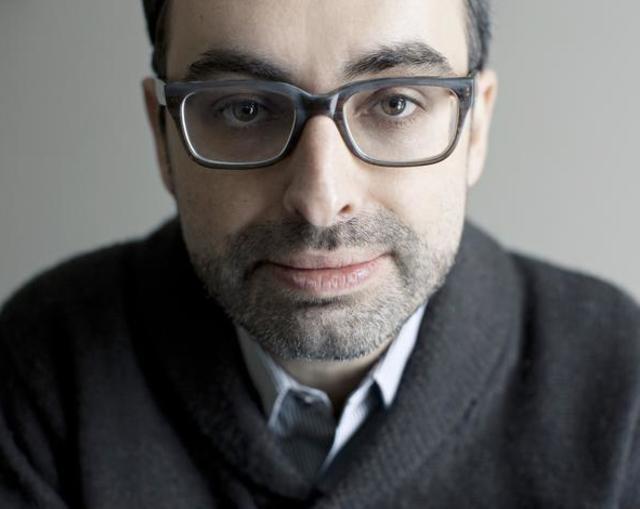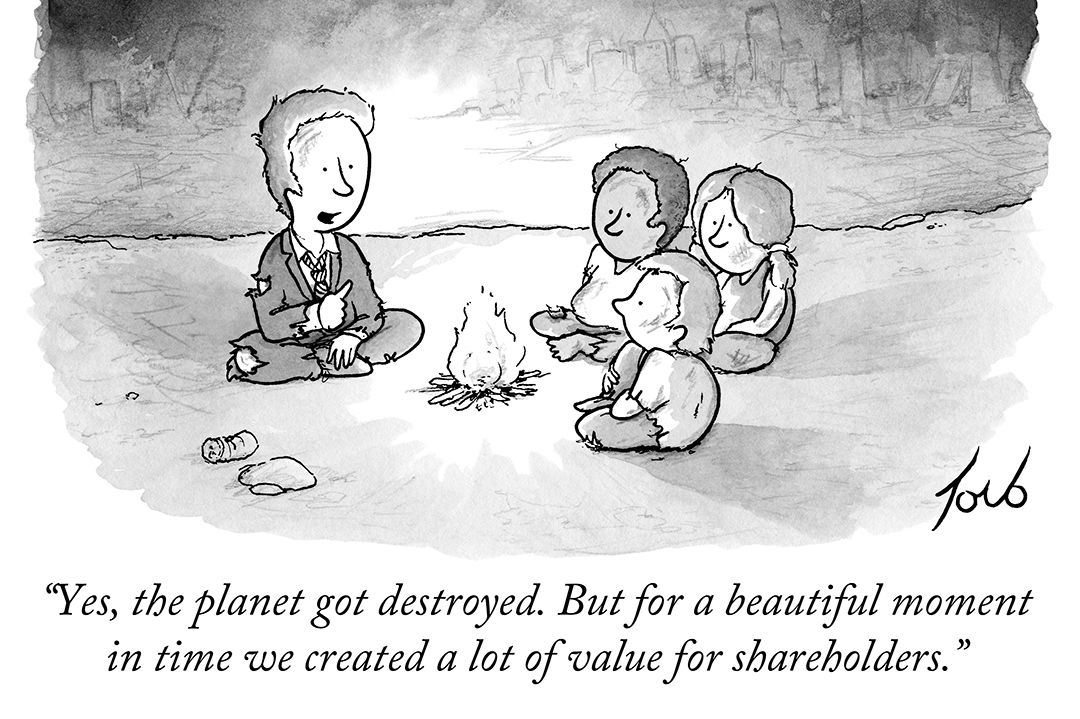Q&A: Author Gary Shteyngart

Gary Shteyngart has clearly taken the adage that “you write what you know” to heart. Born in Leningrad in 1972 to Jewish parents, the author came to the United States as a young boy, and each of his three novels have in some way been about the Russian Jewish emigre experience. He’s used his personal experiences to complement a keen eye for satire, and his novels offer increasingly poignant, touching, and sharply witty takes on the joy, terror, and absurdity of modern life in the maws of bureaucracy and technology.
Having clearly found a winning formula—his most recent novel, 2010’s Super Sad True Love Story, was a critical sensation and a New York Times–bestseller—Shteyngart has gone all-in: he’s written a memoir, Little Failure. The title alone, a nickname his parents gave him, should be enough of a signal to his fans that the Manhattanite has put his trademark mix of tragedy and humor to work in service of his own story. Shteyngart chronicles everything from his childhood days as a small, asthmatic devotee of the Soviet Union to his poncho-wearing and bong-ripping days at Oberlin to his post-graduate life as a self-obsessed and dirt-poor aspiring novelist in New York, via adolescent romantic failure, the unyielding disappointment of immigrant parents, and a cruel circumcision at a tender eight-years-old.
We asked the author about the process of piecing his life together for this book, being called "Little Failure" by his parents, and being married to James Franco in his book trailer (which you must watch below).
Did you have any trouble convincing your publisher that a memoir was the right step after only three novels, especially given how young you are?
Forty-one is 73 in Russian years. I'm barely alive. When my publisher heard that I was writing a memoir instead of another satire about an overweight oligarch, I think they said "Yahoo! Ka-ching! [sound of two-shooters going off]."
Unless, unlike me, you have an incredibly clear and detailed memory of your childhood, you must have pieced some of the early events in the book together from interviews and conversations with other people involved. What was that like?
Here's the weird part: I remember parts of my childhood in the Soviet Union like they happened yesterday. It's some of America that I had trouble with, and for that I sat down with my best friend from Hebrew school, some of my stoner crew from Stuyvesant, and re-read the beautiful letters my college girlfriend JZ had sent me. It all came together after that.
Plus, I interviewed my parents who were gracious enough to spend hours with me and accompanied me back to Russia for a very sad but enlightening trip.
One of your trademarks is your fondness for couching truly tragic events in the tone of absurdism and satire. What attracts you to humor as a coping mechanism?
I'm a Soviet Jew, whaddaya want? Humorless drama? Plus, I wanted to knock Stalin down a few pegs, and there's nothing better than humor for tweaking that ridiculous mustache of his.
A persistent theme of the book is your parents’ constant and unyielding disappointment in you. Any chance this memoir will change that much?
I think they're proud of me for being able to pay the mortgage from my writing, and hopefully the mortgage payments will continue with this book. This is what immigrant parents really want from you. Housing.
I heard an interview with you on NPR where you said something along the lines of, “Given the circumstances in which my parents grew up, what chance did they have? I can’t believe they did as well as they did.” Do you think that’s a lesson that is not only applicable to children of parents who survived the destruction of Hitler and Stalin and its aftermath in the Soviet Union?
Well, I think some parents didn't do as well as they could have, and I know many barely functioning adults whose parents showered them with abuse, but withheld the love. Me, I always got the love too. I knew I was loved, even as I was being called Little Failure.
Gary Shteyngart
Powell's
Jan 18
In some ways, one of the biggest parts of becoming an adult is the process of coming to more fully understand one’s parents. Is the process finished now?
The process is never finished, because we're all still alive and turning into different creatures, as all people do. But I do understand what they went through. When I was younger, I had a lot of anger toward them. That anger is gone.
Getting circumcised at the age of eight—is that the most painful thing that’s ever happened to you?
No, because I re-circumsize myself every eight years in my back shed. I figure I owe Judaism as much.
Your last three novels before this memoir have all in some way or another been about the immigrant experience of Russian Jews. With Little Failure, do you think you’ve finally gotten that out of your system? Will you move on to other subject matter?
Yes! Now I am free! Free to write about non-Russian, non-male, non-immigrant characters. Imagine a book set entirely in the Pearl District of Portland? Wow.
Who was more fun to film your book trailer with, James Franco or Jonathan Franzen?
Making out with Franco is sort of the reason I got into writing books to begin with. But Franzen's analysis was pretty hot too.




